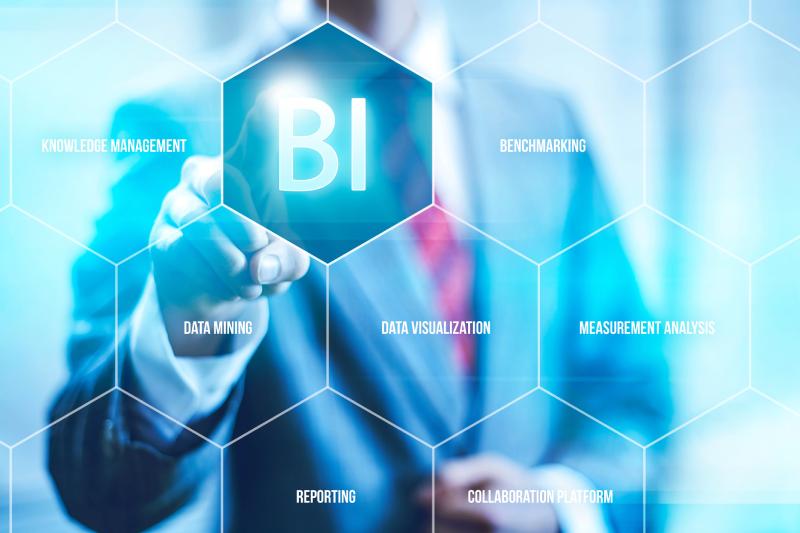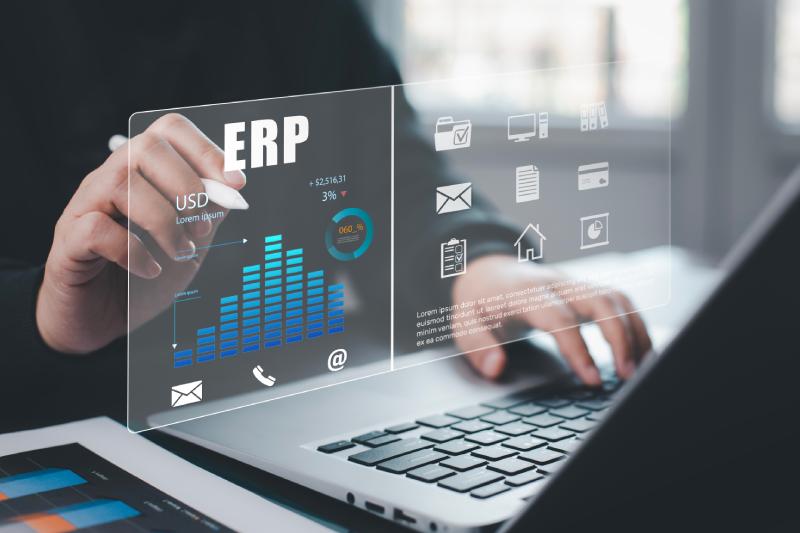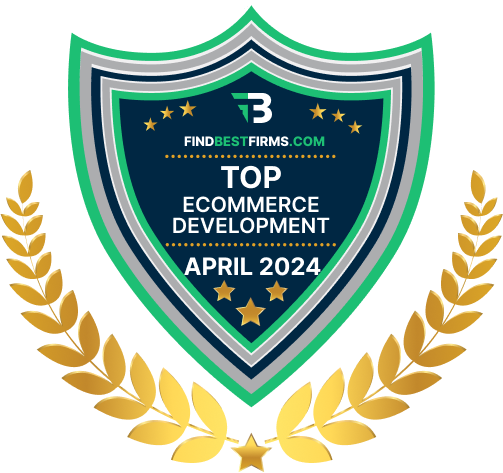
Ecommerce integration with ERP is essential for B2B companies to succeed in today’s fast-paced digital world. An efficient and effective enterprise resource planning (ERP) system is critical for successful e-commerce operations. In this article, we will explore the fundamentals of e-commerce ERP integrations and how they can benefit B2B companies.
How Using ERPs for e-Commerce Can Create Value
With the rise of e-commerce and more businesses moving their sales online, many companies are beginning to realize the importance of having an ERP system in place to help them manage all aspects of their business. These software systems are pivotal in effectively managing your finances, supply chain, manufacturing, human resources, and many more business functions.
A well-rounded ERP system can enable all your employees to access critical insights into future planning and the performance of their department, as well as areas for improvement. This reliable source of information can help companies make better decisions, improve their communication and interdepartmental collaboration, and, ultimately, drive growth.
There are a number of ways ERP integrations can help streamline your operations and improve your bottom line. Here are six ways that ERPs can create value for e-Commerce businesses:
- Inventory management: Inventory management is crucial in e-commerce as it can impact the customer experience and profitability. ERPs can help companies manage their inventory levels, automate purchasing, and monitor demand, allowing them to make informed decisions on stock levels. This reduces the possibility of both overstocking and stockouts, saving your business money and protecting your customer relationships. The ERP system also facilitates tracking sales patterns and forecasting future sales so you can make data-driven decisions to improve your sales strategies.
- CRM: CRM is essential in e-commerce as it helps companies understand their customers and adjust their strategies to personalize and improve their experiences. ERPs can consolidate customer data, manage customer interactions across multiple channels, and analyze customer data to create personalized offers and promotions.
Consumers today expect a consistent experience across all channels, whether they are shopping online, in-store, or via a mobile app. With an ERP integration, you can provide your customers with a smooth and uninterrupted shopping experience, no matter how they choose to shop. The integration ensures that all your data is synchronized and current, which means that customers will always have access to the most accurate information regarding product availability, pricing, and promotions.
Further integrating your ERP system with a CRM system can help you build a complete customer journey that encompasses all interactions, purchasing channels, and devices. This can help your business build stronger relationships with customers and enhance overall customer satisfaction.
- HR planning: HR planning is necessary to ensure that businesses have the right number of employees, with the right skills, at the right time. ERPs can assist with workforce planning, tracking employee data, managing benefits, and streamlining payroll and onboarding processes.
- Warehouse management: Warehouse management is critical in e-commerce as it directly impacts fulfillment times and customer satisfaction. ERPs can help businesses manage their warehouses by providing real-time inventory data, tracking orders, and optimizing pick and pack operations.
- Supply chain management: Supply chain management is crucial in e-commerce as it involves various parties and processes that need to work seamlessly. ERPs can streamline the supply chain by automating purchasing, coordinating suppliers, managing inventory levels, and facilitating shipping and receiving.
- Accounting: Accurate accounting is vital to the success of any business, and ERPs can automate financial transactions, manage accounts receivable and payable, track revenues, and provide real-time financial data.
Types of ERP Software
There are three types of ERP systems, namely generalist, modular, and ERP suites. Each of them offers different levels of functionality and customization:
RP System Deployment for Ecommerce Integration
Generalist ERP systems serve as foundational platforms for B2B ecommerce ERP integration. They offer essential functionalities that cover the basic needs of businesses. These systems provide a solid starting point for organizations looking to enhance their operational efficiency through ERP solutions.
ERP System Deployment for Ecommerce Integration
ERP deployment refers to the method by which an organization implements and hosts its ERP system. The three main types of ERP deployment are on-premise, cloud-based, and hybrid.
On-premise ERP is hosted locally on the organization’s own servers. This gives the organization complete control over the system, but it also requires the organization to invest in and maintain its own hardware and software.
Cloud ERP is hosted remotely by a third-party provider. This can be a good option for organizations that do not want to invest in and maintain their own hardware and software. Cloud ERP is also typically more scalable than on-premise ERP, making it a good choice for organizations that are growing rapidly.
Hybrid ERP is a combination of on-premise and cloud ERP. This can be a good option for organizations that need to maintain some control over their ERP system but also want to take advantage of the scalability and cost savings of cloud ERP.
ERP Integration Strategies: P2P vs. Middleware Integration
There are two main ERP integration strategies for e-commerce businesses: point-to-point (P2P) and middleware integration.
P2P integration directly connects two systems, such as an e-commerce platform and an ERP system. This can be a simple and cost-effective way to integrate systems, but it can also be complex and difficult to maintain as the number of systems increases.
Middleware integration uses a middleware server to act as a go-between for multiple systems. This can be a more flexible and scalable approach to integration, but it can also be more expensive and complex to implement.
Choosing Synchronization & Processing Strategies for ERP Integration
When choosing synchronization and processing strategies for ERP integration, there are a number of factors to consider, including:
Budget: Synchronization and processing strategies can vary in cost. It is important to choose a strategy that fits your budget.
Timeline: Some synchronization and processing strategies take longer to implement than others. It is important to choose a strategy that meets your timeline requirements.
Scalability: It is important to choose a synchronization and processing strategy that can scale as your business grows.
Integration requirements: Some synchronization and processing strategies are more flexible than others. It is important to choose a strategy that meets your specific integration requirements.
Common synchronization strategies include
Real-time synchronization: Real-time synchronization ensures that data is synchronized between systems immediately. This can be the best option for businesses that need to have up-to-the-minute data. However, it can also be the most expensive and complex synchronization strategy to implement.
Near real-time synchronization: Near real-time synchronization synchronizes data between systems at regular intervals, such as every minute or every hour. This can be a good option for businesses that need to have up-to-date data, but do not need to have real-time data
Picking the Right e-Commerce Partner
You need to consider pricing, platform features, scalability, and customer support when picking the right e-commerce partner.
Successful implementation of an e-commerce website is critical for B2B companies. Without proper guidance, programming errors, cost overruns, and delays can occur, leading to subpar sales and lower profits.
At Terracor, our experienced team can help you avoid these pitfalls and ensure a successful e-commerce ERP integration. We have the expertise and experience to help you choose the right ERP solution for your needs, integrate it with your e-commerce platform, and train your staff on how to use the system effectively. Contact us today to learn more about how we can help you streamline your operations, improve efficiency, and boost sales with Ecommerce Integration with ERP.




